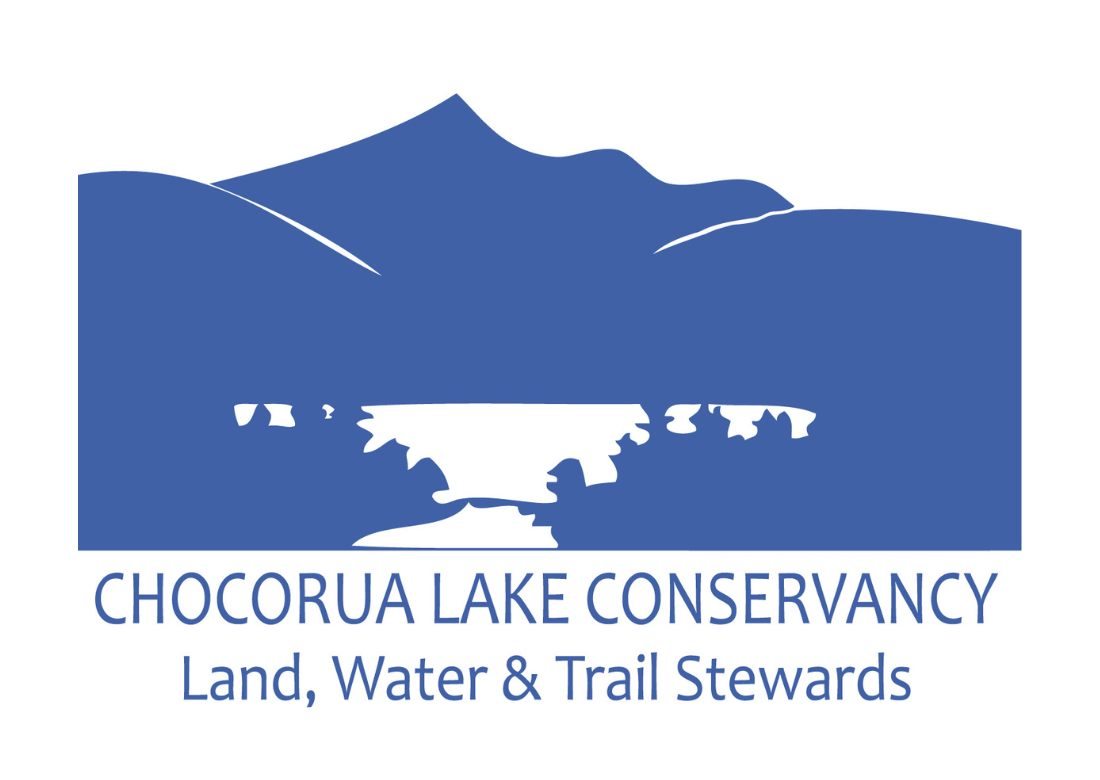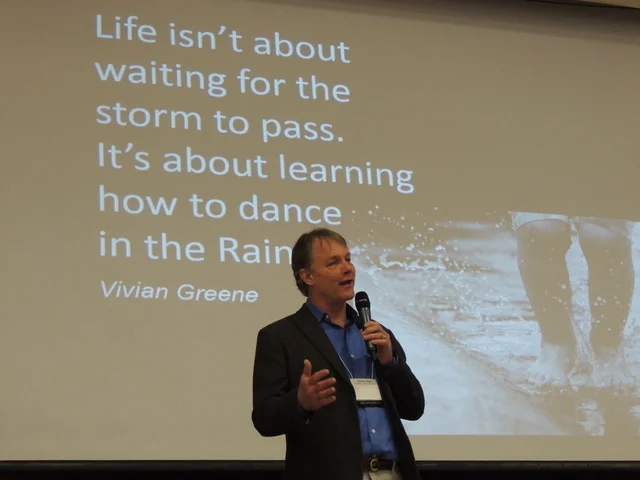Headlines often tell us about the effects of climate change around the world. Closer to home, though, the U.S. government’s U.S. Global Change Research Program shows that the increase in amounts and frequency of very heavy precipitation here in New England over the last 50 years is double, triple and more than that of any other region in the U.S. What can we do here in New Hampshire to build resilience for our lakes and rivers, hiking trails, fields and forests, and communities in the face of changing temperatures and more extreme weather events?
On Tuesday, November 19, at 7PM, join the Chocorua Lake Conservancy and the Cook Memorial Library for “Climate Change in New England: From Science to Solutions,” with Professor Cameron Wake from the University of New Hampshire. Climate changes. It always has and always will. However, an extensive body of scientific evidence shows that human activities are now the primary force driving change in the Earth’s climate system. Over the past six decades, New England’s climate has been getting warmer and wetter, extreme precipitation events have increased dramatically, and sea levels continue to rise. These trends are very likely to continue, with summertime drought also becoming more frequent.
Dealing with the grand challenge of climate change requires us to both prepare for the changes we know are coming (adaptation) and reduce our emissions of greenhouse gases to reduce the amount of future change (mitigation). Several positive trends on the adaptation and mitigation fronts suggest that climate change in the innovation opportunity of the 21st century. In summary: it's real, it's us, it's bad, scientists agree, there's hope.
Cameron Wake is a Research Professor at the Institute for the Study of Earth, Oceans and Space at the University of New Hampshire and is the Josephine A. Lamprey Professor in Climate and Sustainability at the UNH Sustainability Institute. Cameron leads a research program investigating regional climate change through the analysis of ice core records. In addition to teaching classes on global environmental change, he serves as the program chair for UNH’s Sustainability Dual Major. Cameron also helps lead a collaborative effort to secure healthy, prosperous, and sustainable communities through the pursuit of integrated solutions that include building energy self-reliance and weather resilience.
Wake is an author on over 85 papers published in the peer-reviewed scientific literature and dozens of reports, and has provided hundreds of interviews for state, regional and national media. His collaborative research on several regional climate assessments in the northeast United States has been shared with municipal, state, and federal agencies and representatives, has been covered widely in the media, and has been cited by several as motivation for policy action. In recognition of his engaged scholarship around the issue of climate change, Cameron was awarded the UNH Faculty Award of Excellence in Public Service in 2010. More on Cameron’s research is available online at: http://www.eos.sr.unh.edu/Faculty/Wake . Dr. Wake received a B.Sc. in Geology (1984) from the University of Ottawa, an M.A. in Geography (1987) from Wilfrid Laurier University, and a Ph.D. in Earth Sciences (1993) from the University of New Hampshire.

